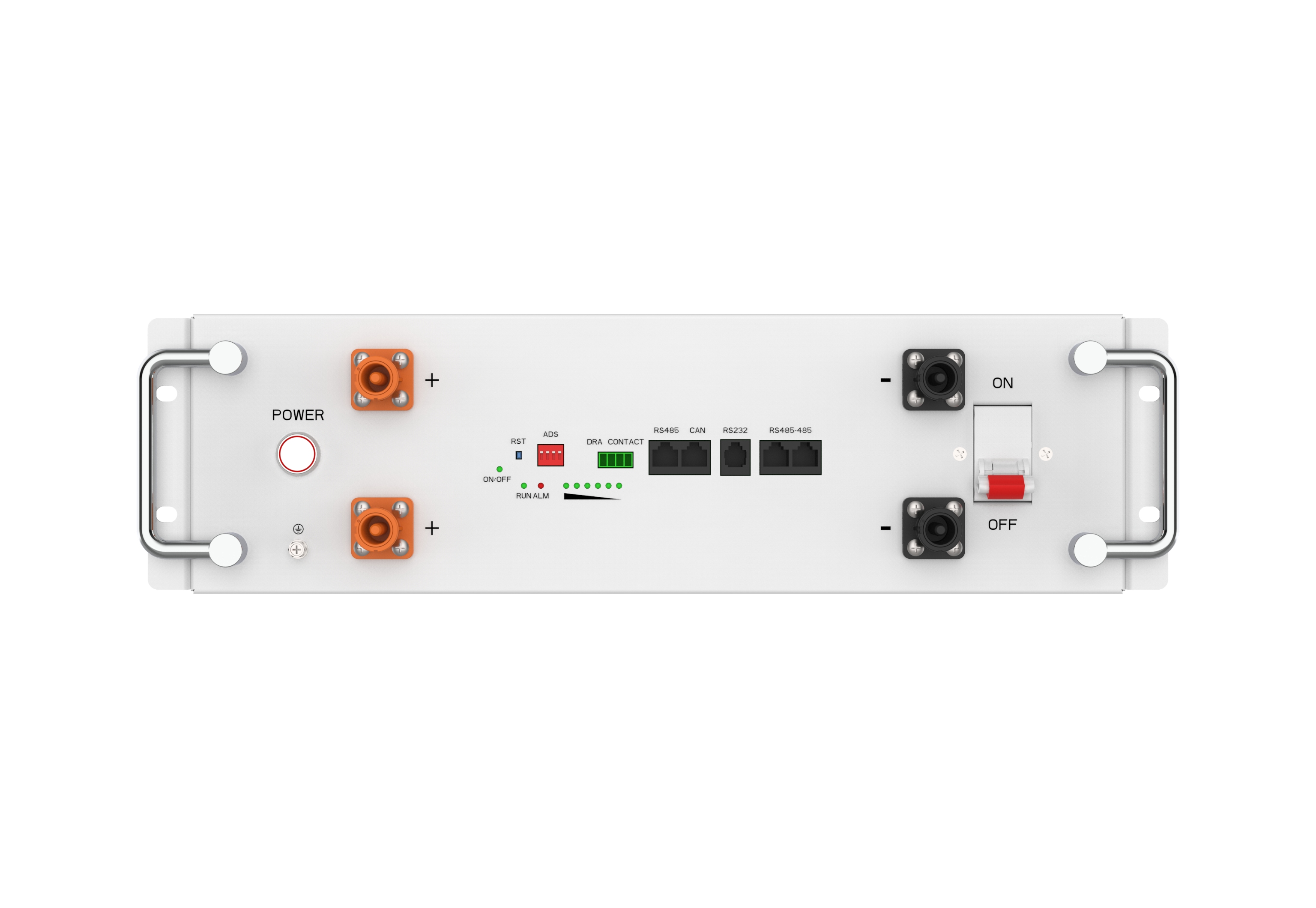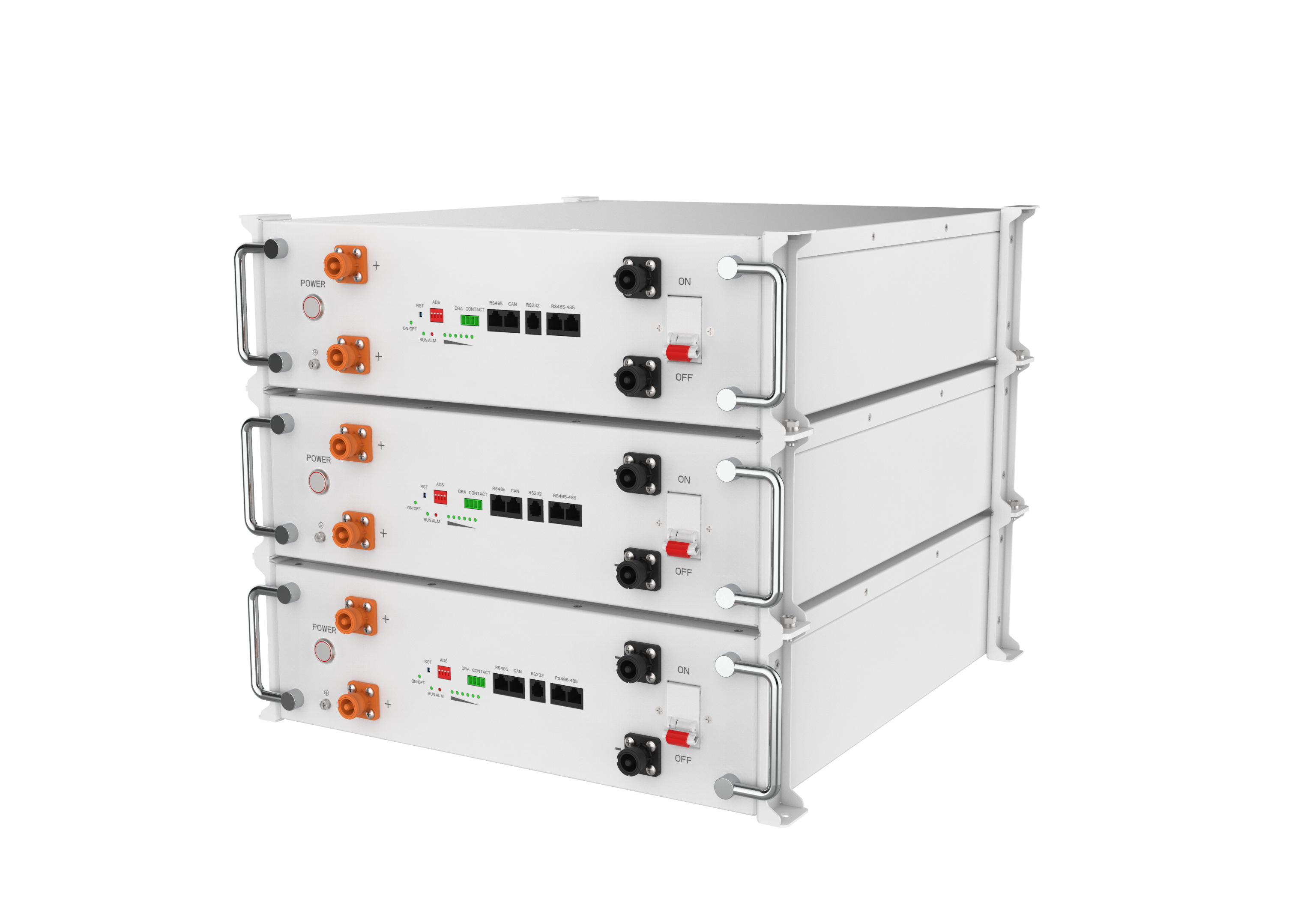Exploring the Power of Lithium-ion Batteries: Unleashing the Potential of LiFePO4 Technology

In the realm of alternative energy sources, the quest for efficient and reliable power storage solutions has led to groundbreaking advancements in battery technology. Among the many contenders, Lithium-ion (Li-ion) batteries have emerged as a frontrunner. In this article, we will delve into the fascinating world of Li-ion batteries and explore the potential of one particular variant - LiFePO4. Understanding Lithium-ion Batteries:
Lithium-ion batteries have revolutionized the portable electronics industry and are now making their mark in the field of renewable energy. These batteries are known for their high energy density, long cycle life, and low self-discharge rate. The secret lies in the movement of lithium ions between two electrodes - cathode and anode - during charge and discharge cycles.
Lithium-ion batteries have become ubiquitous in our daily lives, powering our smartphones, laptops, and electric vehicles. However, their application extends far beyond these conveniences. The demand for clean and sustainable energy solutions has prompted researchers to explore the use of Li-ion batteries in renewable energy sources, particularly in the realm of new energy storage systems.
Introducing LiFePO4 Battery Technology:
While traditional Li-ion batteries use cobalt oxide as the cathode material, LiFePO4 batteries employ lithium iron phosphate (LiFePO4) as the cathode material. This innovation offers several advantages, making LiFePO4 batteries a promising choice for new energy storage.
1. Enhanced Safety: LiFePO4 batteries are significantly more stable than traditional Li-ion batteries. They exhibit excellent thermal stability and are less prone to thermal runaway or combustion, making them safer for household and industrial applications.
2. Longer Cycle Life: LiFePO4 batteries boast an impressive cycle life, capable of enduring thousands of charge-discharge cycles without significant capacity degradation. This longevity ensures a more sustainable and cost-effective energy storage solution.
3. High Power Density: LiFePO4 batteries excel in delivering high power output, making them ideal for applications that require quick bursts of energy. This feature is particularly advantageous in electric vehicles, where rapid acceleration and regenerative braking rely on efficient power delivery.
4. Environmental Friendliness: LiFePO4 batteries have a lower environmental impact compared to traditional Li-ion batteries, as they are free from toxic metals such as cobalt and nickel. Their sustainable composition aligns with the goals of reducing carbon footprints and promoting a greener future.
Applications of LiFePO4 Batteries:
The unique characteristics of LiFePO4 batteries make them suitable for a range of applications in the new energy sector. Some notable examples include:
1. Energy Storage Systems: LiFePO4 batteries can store excess energy generated from renewable sources like solar and wind power. This stored energy can be tapped during periods of high demand or when the primary energy source is unavailable.
2. Electric Vehicles: The high power density and extended cycle life of LiFePO4 batteries make them an ideal choice for electric vehicles. These batteries offer increased driving range, faster charging times, and improved safety compared to other battery chemistries.
3. Portable Power Solutions: From camping trips to emergency power backup, LiFePO4 batteries provide a reliable and long-lasting power source for various portable applications. Their lightweight design and high energy density make them a preferred choice for outdoor enthusiasts and professionals alike.
Understanding Lithium-ion Batteries:
Lithium-ion batteries have revolutionized the portable electronics industry and are now making their mark in the field of renewable energy. These batteries are known for their high energy density, long cycle life, and low self-discharge rate. The secret lies in the movement of lithium ions between two electrodes - cathode and anode - during charge and discharge cycles.
Lithium-ion batteries have become ubiquitous in our daily lives, powering our smartphones, laptops, and electric vehicles. However, their application extends far beyond these conveniences. The demand for clean and sustainable energy solutions has prompted researchers to explore the use of Li-ion batteries in renewable energy sources, particularly in the realm of new energy storage systems.
Introducing LiFePO4 Battery Technology:
While traditional Li-ion batteries use cobalt oxide as the cathode material, LiFePO4 batteries employ lithium iron phosphate (LiFePO4) as the cathode material. This innovation offers several advantages, making LiFePO4 batteries a promising choice for new energy storage.
1. Enhanced Safety: LiFePO4 batteries are significantly more stable than traditional Li-ion batteries. They exhibit excellent thermal stability and are less prone to thermal runaway or combustion, making them safer for household and industrial applications.
2. Longer Cycle Life: LiFePO4 batteries boast an impressive cycle life, capable of enduring thousands of charge-discharge cycles without significant capacity degradation. This longevity ensures a more sustainable and cost-effective energy storage solution.
3. High Power Density: LiFePO4 batteries excel in delivering high power output, making them ideal for applications that require quick bursts of energy. This feature is particularly advantageous in electric vehicles, where rapid acceleration and regenerative braking rely on efficient power delivery.
4. Environmental Friendliness: LiFePO4 batteries have a lower environmental impact compared to traditional Li-ion batteries, as they are free from toxic metals such as cobalt and nickel. Their sustainable composition aligns with the goals of reducing carbon footprints and promoting a greener future.
Applications of LiFePO4 Batteries:
The unique characteristics of LiFePO4 batteries make them suitable for a range of applications in the new energy sector. Some notable examples include:
1. Energy Storage Systems: LiFePO4 batteries can store excess energy generated from renewable sources like solar and wind power. This stored energy can be tapped during periods of high demand or when the primary energy source is unavailable.
2. Electric Vehicles: The high power density and extended cycle life of LiFePO4 batteries make them an ideal choice for electric vehicles. These batteries offer increased driving range, faster charging times, and improved safety compared to other battery chemistries.
3. Portable Power Solutions: From camping trips to emergency power backup, LiFePO4 batteries provide a reliable and long-lasting power source for various portable applications. Their lightweight design and high energy density make them a preferred choice for outdoor enthusiasts and professionals alike.
The emergence of LiFePO4 battery technology signifies a significant leap forward in the domain of new energy storage. With their enhanced safety, extended cycle life, and environmental friendliness, LiFePO4 batteries hold immense potential to revolutionize how we harness and store renewable energy. As we continue to explore and refine this technology, a sustainable future powered by lithium-ion batteries seems not too far away.


